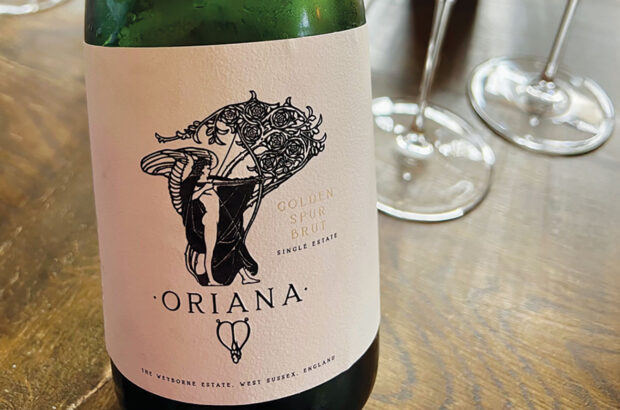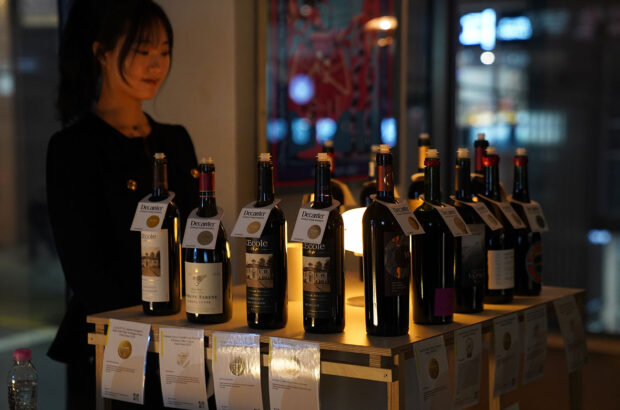The authorities have charged Casey Alexander, who lives in the UK, with conspiracy to commit wire fraud. He is accused of running three companies – Windsor Jones, Charles Winn and Vintage Whisky Casks – which obtained the phone numbers of elderly Americans and cold-called them.
Investigators said the companies used ‘aggressive and deceptive tactics’ to convince people to wire them money, promising them huge returns. Windsor Jones’ website, which lists the company’s address as Wilmington, Delaware, promises ‘the acquisition and sale of the world’s most illustrious and pleasurable Bordeaux investment grade fine wine.’
It lists Bordeaux First Growths and includes an embedded video featuring Master Sommelier Ronan Sayburn discussing the best vintages. He said the site used the video without his permission, and he was unaware of it until contacted by the press.
One victim, an 89-year-old from Ohio, wired more than $300,000 to invest in rare sweet wines and to pay for a purported storage locker in France, according to the court records.
Another victim sent $85,000 after being promised a potential return of up to 40% by selling the wines on in China.
The returns, however, were not forthcoming. When victims tried to retrieve their money, they were ignored or given a string of excuses. The 89-year-old Ohioan reported the matter to local police, who alerted the FBI. Investigators began to connect his case to several similar frauds across the country. They discovered cease and desist letters in Texas, Washington and California against the companies, which were apparently ignored.
The FBI set up a sting, using a man in Ohio who had been charged in an unrelated securities fraud case and convinced him to pretend to be a potential investor in exchange for a lesser sentence. The man met with company employees, and the FBI ended up arresting one of them.
The employee, who was not named in the affidavit, said he accepted the job without conducting much research into the company. He was instructed to cold-call people and promise them huge returns on their investments. He tipped the FBI off that Alexander would be travelling from England to Ohio, and agents arrested him on 14 June.
Court records show that Alexander was released after posting a $50,000 bond, but the conditions of his release prohibit him from contacting ‘any person who is or may be a victim.’






